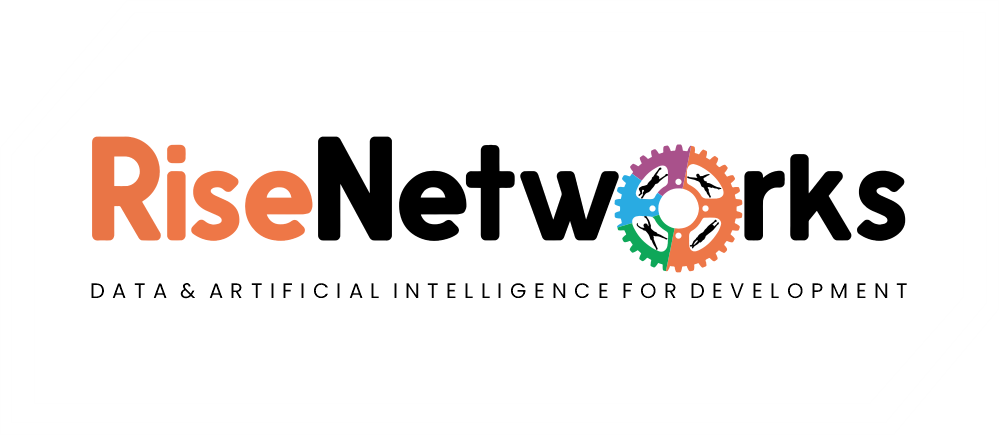Researchers at the University of Iowa have received a $1 million bump in grant, from the National Science Foundation (NSF) to build ImagiQ, a machine learning platform to train algorithms with data from around the world, American tech and health blog, Health It Analytics reports. “The phase one grant will enable the UI team to lead a multi-university and industry collaboration and address concerns around patient privacy and data security in clinical AI development,” the website says.
Although AI has gotten more rampant in the health sector over the years, training effective machine learning algorithms still demand a wide range of data sets mostly in form of samples annotated by doctors, which could lead to privacy and security issues.
“Traditional methods of machine learning require a centralized database where patient data can be directly accessed for training a machine learning model,” Stephen Baek, assistant professor of industrial and systems engineering at UI said while speaking on the issue. “Such methods are impacted by practical issues such as patient privacy, information security, data ownership, and the burden on hospitals which must create and maintain these centralized databases.”
“The team will develop a decentralized, asynchronous solution called ImagiQ, which relies on an ecosystem of machine learning models so that institutions can select models that work best for their populations,” the website says. While organizations will be able to upload and share the models, they are not permitted however to share patients’ data among themselves.
The team which also includes researchers at Stanford University, the University of Chicago, Harvard University, Yale University, and Seoul National University, will share the models as each institution improves them. Using their local patient data sets, models will be uploaded back to a centralized server. This approach will allow the most reliable and efficient models to come to the forefront, resulting in a better AI system for analyzing images like lung x-rays or CT scans that detect tumors.
For the next nine months, the team will work on a prototype and establish that the project has some societal impact. The team will thereafter entre a pitch competition and stand a chance of getting another $5 million for 24 months in funding.
“ImagiQ will further learning by decentralizing the model updates and eliminating the synchronous update cycle,” Baek added. “We are going to create a whole ecosystem of machine learning models that will evolve and improve over time. High performing models will be selected by many institutions, while others are phased out, producing more reliable and trustworthy outputs.”


